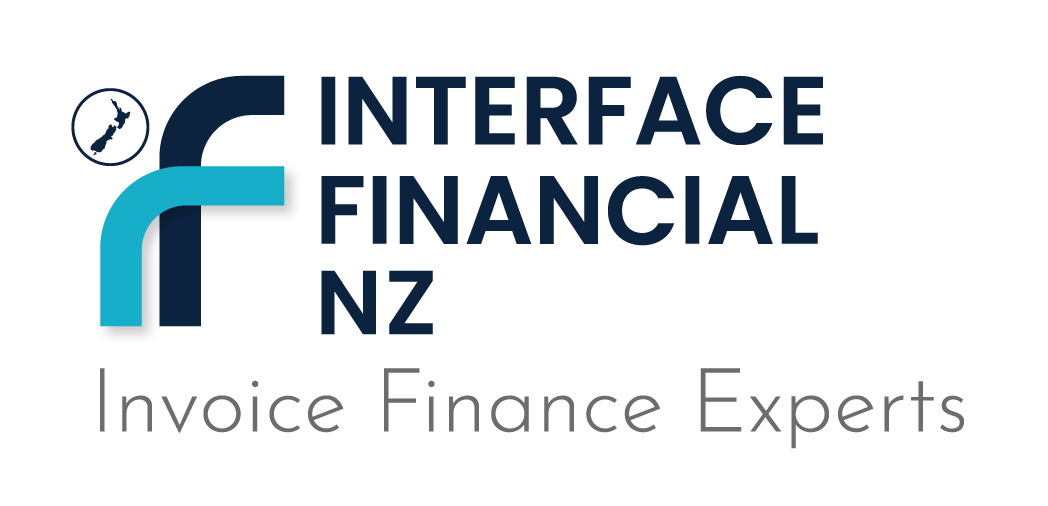THE KIWI'S 7 STEP GUIDE TO EMAIL PROSPECTING (July 13, 2017)
If you’re in business for yourself, there’s no doubt that you need to keep your prospect’ funnel topped up but it’s not easy. Cold calling is stressful, referrals depend on the actions of other people, and nobody reads ads anymore. So how do you grow your business when your options seem so limited? The answer is email prospecting. Pause, a moment before you dismiss the idea, and think about this.
It’s true. We’re overwhelmed, inundated and swimming in emails, but guess what? You still check even if it’s a glance every email that makes it into your Inbox, don’t you? It’s true; we also delete a huge chunk of those prospecting’ emails without a second glance. The good news is that most of those emails you get don’t warrant a second glance. You, however, can turn email prospecting into a highly profitable sales tactic with a couple of tips and a little thought. Here’s how.
1. Let them know you’re a Kiwi
Firstly, your target market is most likely here in New Zealand, and you’re a New Zealander. That already gives you an edge over 75% of the emails that crash their inbox. You do this by referencing local place names, events, companies and people. The From’ field will also most likely have a .co.nz suffix that’s good. It puts you in the top 25% of email relevance.
2. Be recognisable
The easiest and quickest way to stand out is to present yourself as recognisable. You can do this by leaving a voice mail, following them on LinkedIn, sharing, liking or commenting on a post that they have made on social media. The important step is to get on their radar, even fleetingly, two or three times. That way, when they get your email, there’s going to be something ‘familiar’ about it.
Another tactic is to cross reference their contacts with your contacts on LinkedIn. If one of your contacts is networked with the prospective customer you would like to contact, ask your contact if it’s ok to use their name when getting in touch with the prospect. For example: John Wiremu suggested I get in touch with you
3. Write compelling subject lines
Keep your subject lines short, personal and relevant, or connected, to your prospect. Above all, make the subject line about your prospect. For example, if you provide financial services to the rural sector, you might try: Bank heat comes off Kiwi farmers . Whoever your target market is in the rural sector, this headline would have implications for them.
4. Avoid the spam box and don’t break the law
Don’t send bulk emails. Make it clear you’ve researched their company, and this is personal, one-on-one contact. Regarding anti-spamming laws, it’s illegal to send bulk emails. Deemed or inferred consent, however, exists if the prospect’s email address is ‘conspicuously published’, and your email is relevant to the recipient’s business or role. Identify yourself and your business. Ensure your prospect can unsubscribe from further contact.
Avoid hyperlinks, graphics and attachments, exclamation points and words like ‘free’, ‘sales’, ‘guaranteed’ and ‘saved’ – the usual spammy words.
5. Have an objective
Tell your prospect what you want them to do. For example, this may be to accept your call’ at a particular time you stipulate, or grant you permission to send a presentation video’ or to let you know what’s the best way to get into your calendar?’
6. Follow-up
How many times you follow-up will depend on your comfort level. However, two or three follow-ups should be fine, so long as you give your prospect a way to opt out of the follow-ups.
7. Finally, test, test, test
Don’t make things up as you go. Craft your emails as personal messages, and measure the success of different subject lines, introductions and body content to see what works and what doesn’t.
Tools like Tellwise.com will track your emails for about NZ$40 per month, while Yesware charges about NZ$17 per month.




